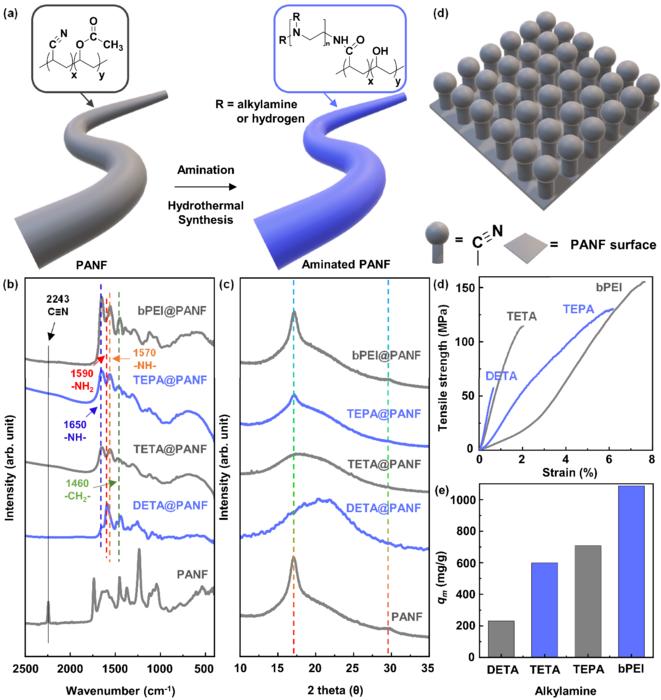UVA engineering professors target inclusive AI education with $1 million grant
Underserved high school students often lack access to artificial intelligence education that could prepare them for future careers in technology. Researchers at the University of Virginia School of Engineering and Applied Science and Clemson University are hoping to change that. Credit: UVA Engineering Underserved high school students often lack access to artificial intelligence education that […]

Underserved high school students often lack access to artificial intelligence education that could prepare them for future careers in technology. Researchers at the University of Virginia School of Engineering and Applied Science and Clemson University are hoping to change that.

Credit: UVA Engineering
Underserved high school students often lack access to artificial intelligence education that could prepare them for future careers in technology. Researchers at the University of Virginia School of Engineering and Applied Science and Clemson University are hoping to change that.
To help bridge the educational divide, the research team received a $1 million grant from the National Science Foundation to democratize access to AI education. Future fair and equitable technologies depend on a robust AI education, and expanding access to that education is crucial.
The project is part of the NSF’s Experiential Learning for Emerging and Novel Technologies (ExLent) Explorations program, which provides funding for initiatives directed toward increasing access to education and career pathways for diverse populations. Through the AI for Youth project, researchers will prepare the next generation of innovators irrespective of gender, ethnicity or socioeconomic status. Using a multifaceted approach, the project will foster proficiencies in communication, leadership, teamwork and critical thinking while training students to address real-world challenges through AI.
Researchers will equip teachers with essential AI skills and offer transformative experiences for high school students, including a paid internship program and a mentorship model that pairs faculty and graduate students with teachers and high schoolers.
Somayeh Asadi, professor of civil and environmental engineering, will serve as the principal investigator.
“By equipping all students with the tools and knowledge to excel in AI, we are not only shaping their futures but also ensuring that the technology of tomorrow reflects the diversity and potential of every community,” Asadi said. “This project is about breaking down barriers and building a more inclusive, innovative future for all.”
The team also includes assistant professor Negin Alemazkoor, associate professor Arsalan Heydarian and professor and chair Devin Harris. The UVA team will collaborate with Matthew Boyer, a research associate professor at Clemson University. Researchers will also partner with SureStart, a company that builds early opportunity pipelines in support of a highly diverse tech workforce.
The NSF ExLENT Program is supported by the NSF Technology, Innovation and Partnerships and STEM Education Directorates.
About UVA Engineering: As part of the top-ranked, comprehensive University of Virginia, UVA Engineering is one of the nation’s oldest and most respected engineering schools. Our mission is to make the world a better place by creating and disseminating knowledge and by preparing future engineering leaders. Outstanding students and faculty from around the world choose UVA Engineering because of our growing and internationally recognized education and research programs. UVA is the No. 1 public engineering school in the country for the percentage of women graduates, among schools with at least 75 degree earners; among the top engineering schools in the United States for the four-year graduation rate of undergraduate students; and among the top-growing public engineering schools in the country for the rate of Ph.D. enrollment growth. Our research program has grown by 95% since 2016. Learn more at engineering.virginia.edu.
What's Your Reaction?

































